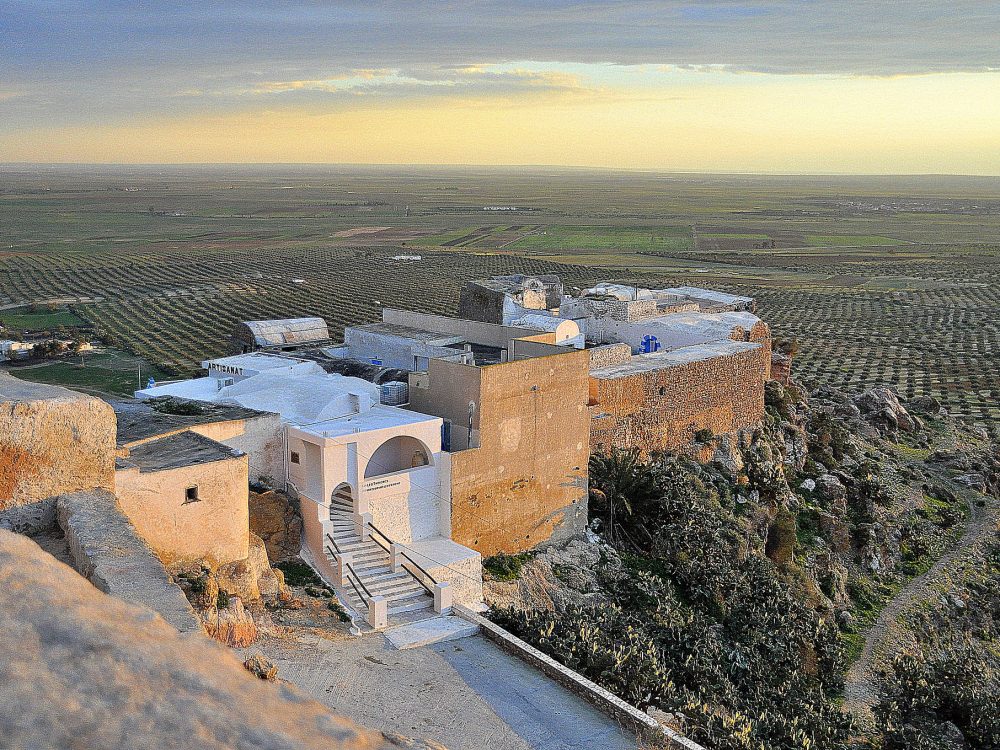Live from Nepal at #AMPWS2014
This week, Development Gatewayand the Government of Nepal have been hosting the 7th Annual Aid Management Program Good Practices Workshop. Below are the opening remarks from DG CEO Jean-Louis Sarbib; stay tuned for more blog posts about the workshop, and follow along on Twitter with #AMPWS2014.
Excellency Mr. Suman Prasad Sharma, Nepal Finance Secretary; distinguished delegates; dear collegues and partners –
Let me welcome you to Kathmandu and express our heartfelt thanks to the Secretary and to the Government of Nepal for hosting us in this beautiful country, which I hope we will have time to see and enjoy.
We are particularly pleased to be here, as Nepal has in many ways shown new and innovative ways in which AMP and information on development activities can be used to make better decisions, fine tune development policy, use evidence, and to allow everyone on the country to have access to information through the AMP public portal.
Let me also thank our partners at USAID, who have made it possible for some of you to attend, for their support and commitment to make aid information more available and more transparent. UNDP has been a long standing partner of DG in the organization of these yearly workshops, and our work with DFID on data uptake in Nepal is breaking new ground; let me express our gratitude as well for their partnership. Finally, a word of thanks to our AidData colleagues and to the team at University of Texas at Austin.
We meet today at the dawn of 2015, the MDG target year. Since 2000, big data has come upon us, and the Secretary General of the UN has called for a post -2015 data revolution.
These developments reflect lessons of the MDGs; namely, the need for a baseline and for comparable information (hence the efforts at harmonization under the IATI and Busan umbrellas).
The goals of the data revolution are many, and the recent Independent Expert Advosory Group’s report to the Secretary General includes a number of goals. Three are very relevant for us:
- A consensus on principles and standards, including the need for gender dis-aggregated information
- The sharing of technology and innovation
- New resources for capacity development
The emerging post-2015 consensus also emphasizes domestic resource mobilization, both in the need to link aid and budget management, as well as the need to link to debt management to preserve long-term debt sustainability. These goals are important and promising developments. However, ultimate success will depend in large measure on how well data is taken up by countries and used for decision making – not only by governments and their partners, but also by allowing citizens access to this information so they can have a real voice in co-creating their country’s future.
I hope our workshop will be an opportunity to anchor the data revolution in country; find ways to reduce the costs of data collection through IATI; and devote more time to analyzing data with a view to results. Big data is already of strategic importance and used to advantage in the private sector – what can we learn from them?
These workshops are a high point in DG’s year. They allow the AMP family to take stock of our progress, share common challenges, and seek common solutions in the best example of South-South cooperation, another post-2015 objective.
With all of you here, I know we will be smarter and closer in spirit by the end of the week.
Share This Post
Related from our library

How Useful Is AI for Development? Three Key Lessons
The development world is buzzing with excitement over the idea that new and emerging applications of AI can supercharge economic growth, accelerate climate change mitigation, reduce inequalities, and more. But what does this look like in real life?

The Future of Technology Governance and Global Development: Why DG Brought DataReady In-house
DG is excited to announce we now have more robust data governance advisory services with the recent integration of DataReady.

At a Glance | Tracking Climate Finance in Africa: Political and Technical Insights on Building Sustainable Digital Public Goods
In order to combat the effects of climate change, financing is needed to fund effective climate fighting strategies. Our white paper, “Tracking Climate Finance in Africa: Political and Technical Insights on Building Sustainable Digital Public Goods,” explores the importance of climate finance tracking, common barriers to establishing climate finance tracking systems, and five insights on developing climate finance tracking systems.